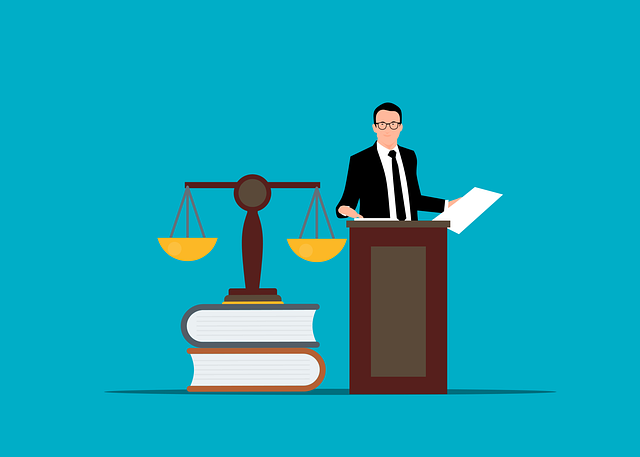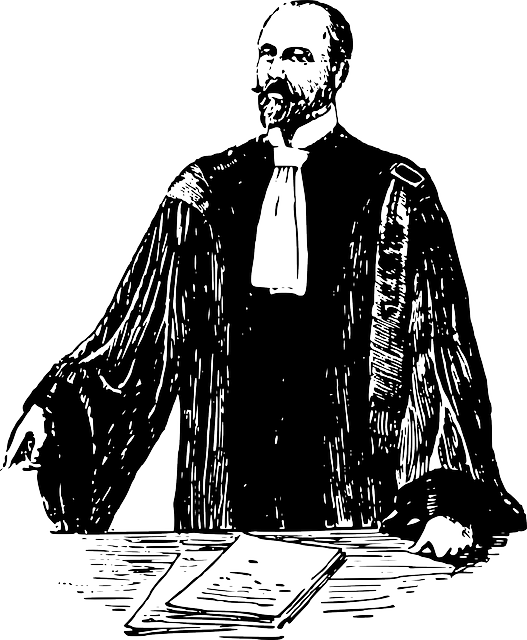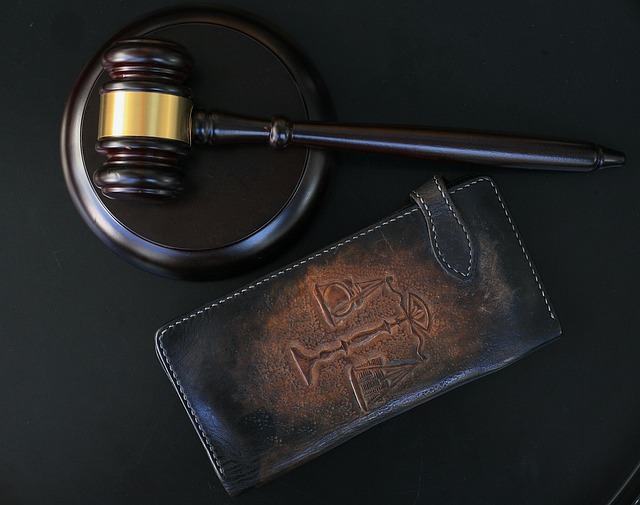The decision to launch C-Level investigations into Prosecutorial Misconduct and Ethical Violations is driven by a need for fairness, justice, and integrity within the judicial system, especially in white-collar crime cases. These investigations aim to protect accused individuals' rights, maintain public trust, and uncover root causes of misconduct, ranging from financial wrongdoings to abuse of power. Key focus areas include suppression of exculpatory evidence, false statements by prosecutors, fraud, corruption, and breaches of corporate ethics, all impacting public trust. Specialized knowledge is crucial for achieving justice without compromising integrity in these complex cases.
In an era where public trust in institutions is paramount, C-Level Investigations into Prosecutorial Misconduct and Ethical Violations are crucial. This article delves into the trigger events that demand such inquiries, including recognizing misconduct within the legal system and its profound impact on justice and community confidence. We explore the process of launching these investigations, from initial detection to rigorous evidence analysis, while adhering to legal and ethical standards. Moreover, we discuss strategies for addressing findings, ensuring accountability, and implementing preventative measures to foster integrity in the future.
- The Trigger: Recognizing Prosecutorial Misconduct and Ethical Violations
- – Defining the issues
- – Examples of misconduct and violations
The Trigger: Recognizing Prosecutorial Misconduct and Ethical Violations

The decision to launch C-Level investigations is often triggered by concerns over prosecutorial misconduct and ethical violations. These issues can arise in various ways, from unfair treatment of accused individuals to breaches of legal protocol. When such discrepancies are suspected, it’s crucial to take action to maintain fairness and justice within the judicial system.
Prosecutorial misconduct and ethical violations can significantly impact cases involving white-collar and economic crimes, leading to calls for thorough investigations. These misconducts may result in a complete dismissal of all charges if found to be prevalent or systematic. The goal is to ensure that jury trials are fair, and legal proceedings uphold the highest standards of integrity, protecting both the rights of the accused and the public’s trust in the justice system.
– Defining the issues

When a company launches C-Level investigations, defining the issues at hand is crucial. This process involves meticulous examination of potential Prosecutorial Misconduct and Ethical Violations, which can significantly impact corporate integrity. These misconducts extend beyond financial wrongdoing to encompass a wide array of unethical behaviors that undermine trust and accountability within an organization.
The investigations cater to both corporate and individual clients, ensuring justice is served throughout all stages of the investigative and enforcement process. It’s not merely about identifying wrongdoings but also about understanding their root causes, which can range from flawed corporate governance to individual decisions driven by personal gain. This comprehensive approach fosters a culture of transparency and ethical conduct within the company.
– Examples of misconduct and violations

In the context of C-Level investigations, examples of misconduct and violations span a wide range of unethical behaviors. Prosecutorial misconduct, such as intentional suppression of exculpatory evidence or making false statements to secure an indictment, undermines the fairness and integrity of the justice system. Ethical violations in corporate settings often manifest as fraud, corruption, and abuse of power by high-level executives. These acts not only breach legal boundaries but also erode public trust in institutions.
When addressing these issues, it’s crucial to differentiate between general criminal defense strategies and cases involving white collar and economic crimes. While a robust defense is essential for ensuring due process, achieving extraordinary results in these complex matters requires specialized knowledge and tact. The goal is not merely to evade punishment but to navigate the legal landscape with integrity, addressing both the specific violations and the broader implications on business ethics and public trust.
The launch of C-Level investigations into cases of prosecutorial misconduct and ethical violations marks a significant step towards fostering transparency and accountability in the legal system. By proactively addressing these issues, organizations can ensure fair and just proceedings, maintaining public trust and integrity within their jurisdiction. These investigations are crucial in identifying patterns of problematic behavior and implementing necessary reforms to prevent future occurrences of prosecutorial misconduct.






